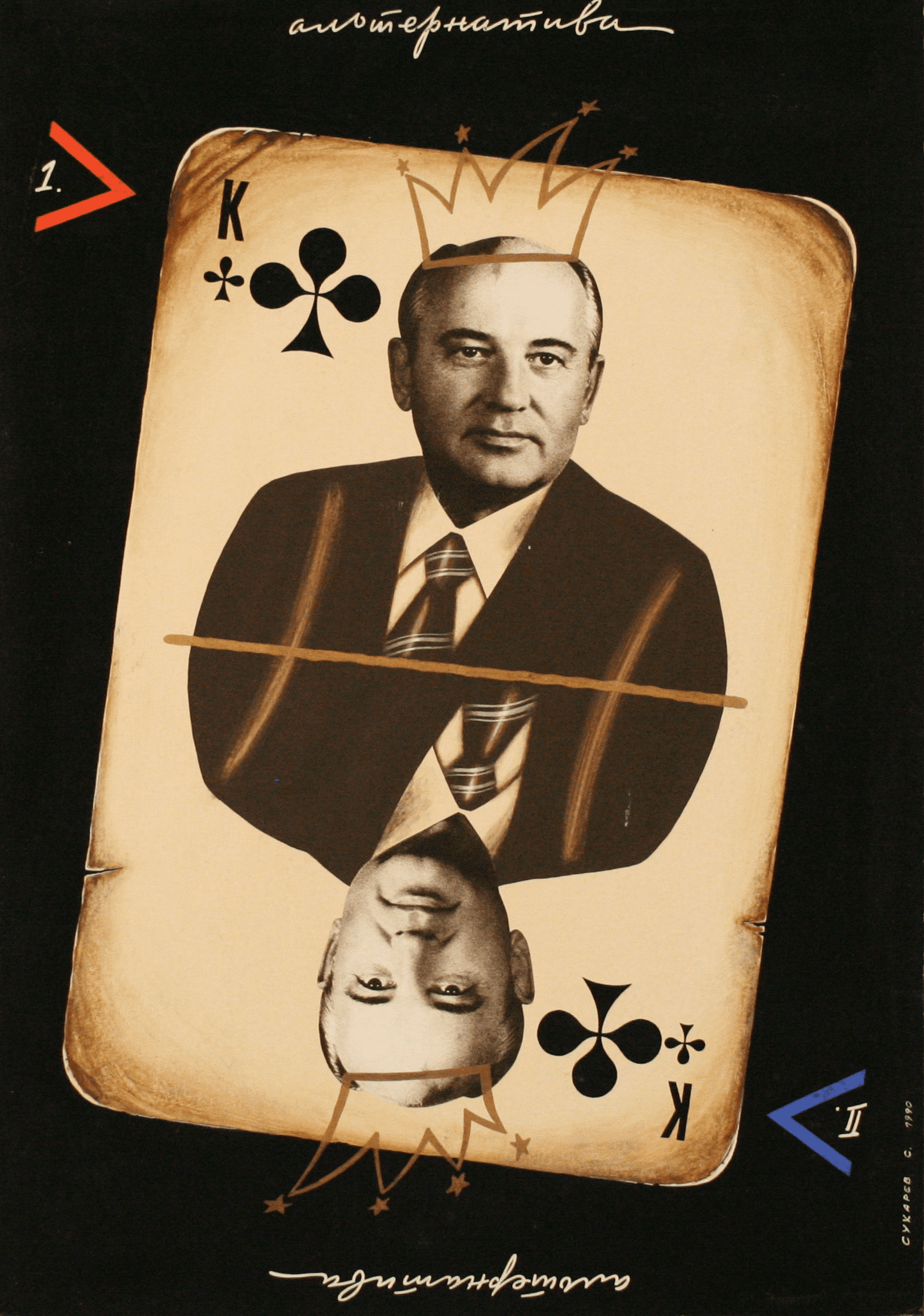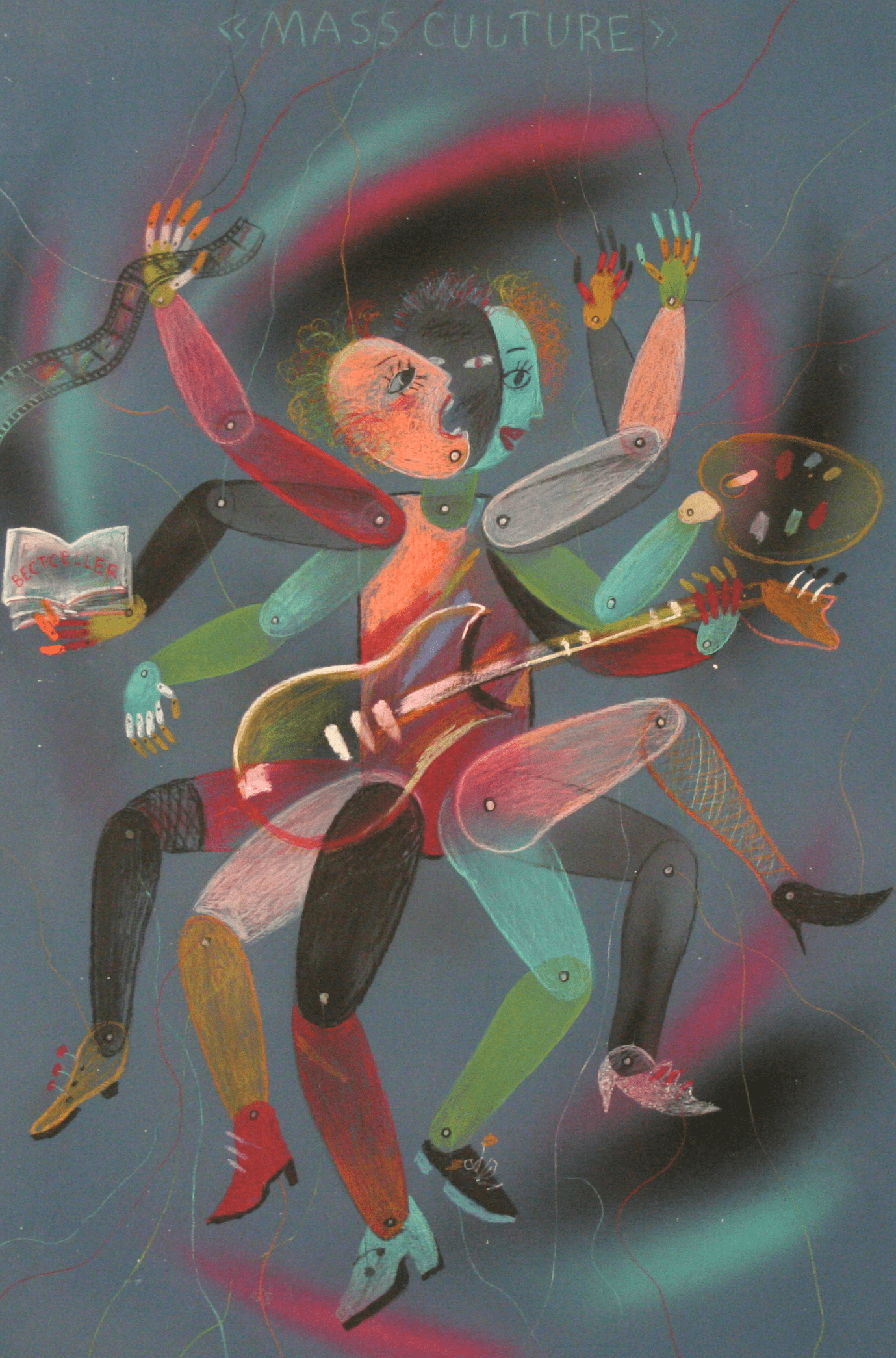Daniel Treisman on Understanding Russia
Since the Soviet Union’s collapse, Russia’s political system has evolved from a communist order to a chaotic democracy, and now to an increasingly personalized authoritarian state. Its leader, Vladimir Putin, is determined to get the world’s respect, through military actions and cyber-espionage, if not through diplomacy. Thirty years after the end of the Cold War, what kind of political regime has Putin built and how great a threat does he pose to the West and its allies? What is the role of the media in the current political landscape? And what are the main continuities and discontinuities between the Soviet Union and Putin’s Russia?
Daniel Treisman is a professor of political science at the University of California, Los Angeles, and a research associate of the National Bureau of Economic Research. His work focuses on Russian politics and economics, as well as comparative political economy. His book The Return: Russia’s Journey from Gorbachev to Medvedev (The Free Press, 2011) was one of the Financial Times’s “Best Political Books of 2011.” Since 2014, he has been the director of the Russia Political Insight Project, an international collaboration funded by the Carnegie Corporation of New York to investigate political decision-making in Putin’s Russia. He is the editor of The New Autocracy: Information, Politics, and Policy in Putin’s Russia (Brookings Institution Press, 2018).
—
This event is presented as part of Wende Conversations: A Discussion Series Supported by Susan Horowitz and Rick Feldman.








